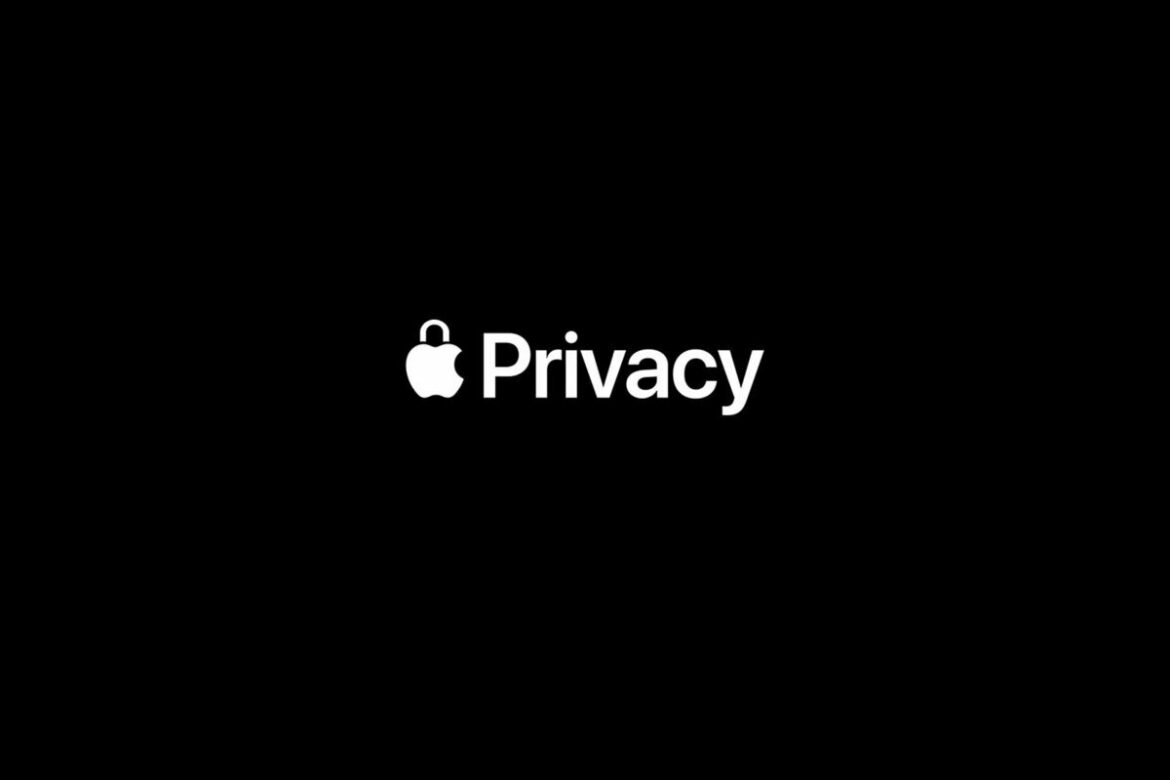Apple will inevitably begin enforcing the privacy requirements it has put in place across its ecosystem, meaning developers who attempt to avoid or dissemble their way around these protections should expect action, including removal from the App Store.
What Apple is doing
Everyone recognizes how seriously Apple takes privacy. Statement by statement and all through iterative software and product releases, the company is making it crystal clear that it believes privacy is essential to achieve the potential of digital transformation.
Apple isn’t asking developers to follow its rules for fun and is already semaphoring that enforcement action is coming for those who don’t respect Privacy labels or App Tracking Transparency:
- On April 21, Apple told developers that any form of tracking must be declared on the relevant App Store Privacy pages and only be performed if permission to track the user is sought and obtained: “As a reminder, collecting device and usage data with the intent of deriving a unique representation of a user, or fingerprinting, continues to be a violation of the Apple Developer Program License Agreement,” it said.
- You’ll also find an Apple warning that developers are, “responsible for keeping your responses accurate and up to date. If your practices change, update your responses in App Store Connect.”
- More recently, Apple’s chief privacy engineer, Erik Neuenschwander, responded to claims that Snapchat is seeking some way around Apple’s rules by saying: “…It means that they think they’ve hit upon a way to flout the policies and sneak onto users’ devices and not respect their privacy. That’s something that we are continually on the lookout for with our app review process….It’s a high area of focus for us.”
Any such enforcement may see some popular apps removed from the store. A recent Top10VPN report claims 19 of the top-ranked 20 U.S. VPN apps display inaccurate labels. Some even failed to disclose they collected user IP addresses.
These are precisely the kind of false or misleading statements Apple’s App Store teams will be looking to police. Apple will obey these rules, and expects you to do so, too.
Building private alternatives
Facebook and others have complained that Apple’s move to protect user privacy will put them out of business, given that surveillance is their industry. “What some companies call ‘personalized experiences’ are often veiled attempts to gather as much data as possible about individuals, build extensive profiles on them, and then monetize those profiles,” Apple has said.
There have also been complaints from within the ad industry.
“Apple’s latest operating system for iPhones has set off a firestorm in the ad industry and beyond by letting users decide whether to let apps track them for advertising purposes — changes that mean companies may soon have less data about who sees their ads. Apps on Apple’s iOS platform must ask users’ permission to track them for advertising purposes,” explained the Wall Street Journal.
Apple notes that the introduction of tracking protection in Safari raised similar objections, but advertisers found ways forward to respect privacy while maintaining their business – and ad revenue grew. All the same, the company seems to understand the need to support the ad industry, and (I think) is unlikely to leave third-party ad firms at a disadvantage against its own ad business for long.
Apple knows regulators are taking a solid look at what it does, and will not want more of their attention than it needs. I think this is why Apple is improving its SKAdNetwork tools for advertisers. These tools now include Private Click Measurement support, while SKAdNetwork 3.0 will debut in iOS 14.6 and brings improved support for ad impression click counting.
There are plenty of industry insiders who already expect further enhancements.
We also know Apple wants ads to work on its private platform because Neuenschwander also said he hoped Snapchat would, “…find a way around to provide great advertising while providing greater respect for user privacy.”
Logically, Apple is likely to continue to build the tools a private ad industry can use.
Who knows? These may even enable Facebook to maintain its business while keeping its nose out of other people’s.
Facebook is going to need to do so. iPhones accounted for 62% of all Facebook’s U.S. ad impressions, according to Tinuiti. “It will be crucial for advertisers to quickly adapt to the new state of campaign optimization and management to succeed moving forward,” a representative for Tinuiti told Search Engine Land.
Protected characteristics
While not widely reported, it seems noteworthy that Apple now has three categories of user who cannot allow apps to track them at all, including:
- Children under 18 years of age.
- Any Apple ID managed by an educational institution.
- Apple IDs less than three days old.
It seems plausible to anticipate this list may grow as the company seeks to extend privacy protection around other legally protected characteristics.
Also read:
Please follow me on Twitter, or join me in the AppleHolic’s bar & grill and Apple Discussions groups on MeWe.
Copyright © 2021 IDG Communications, Inc.

